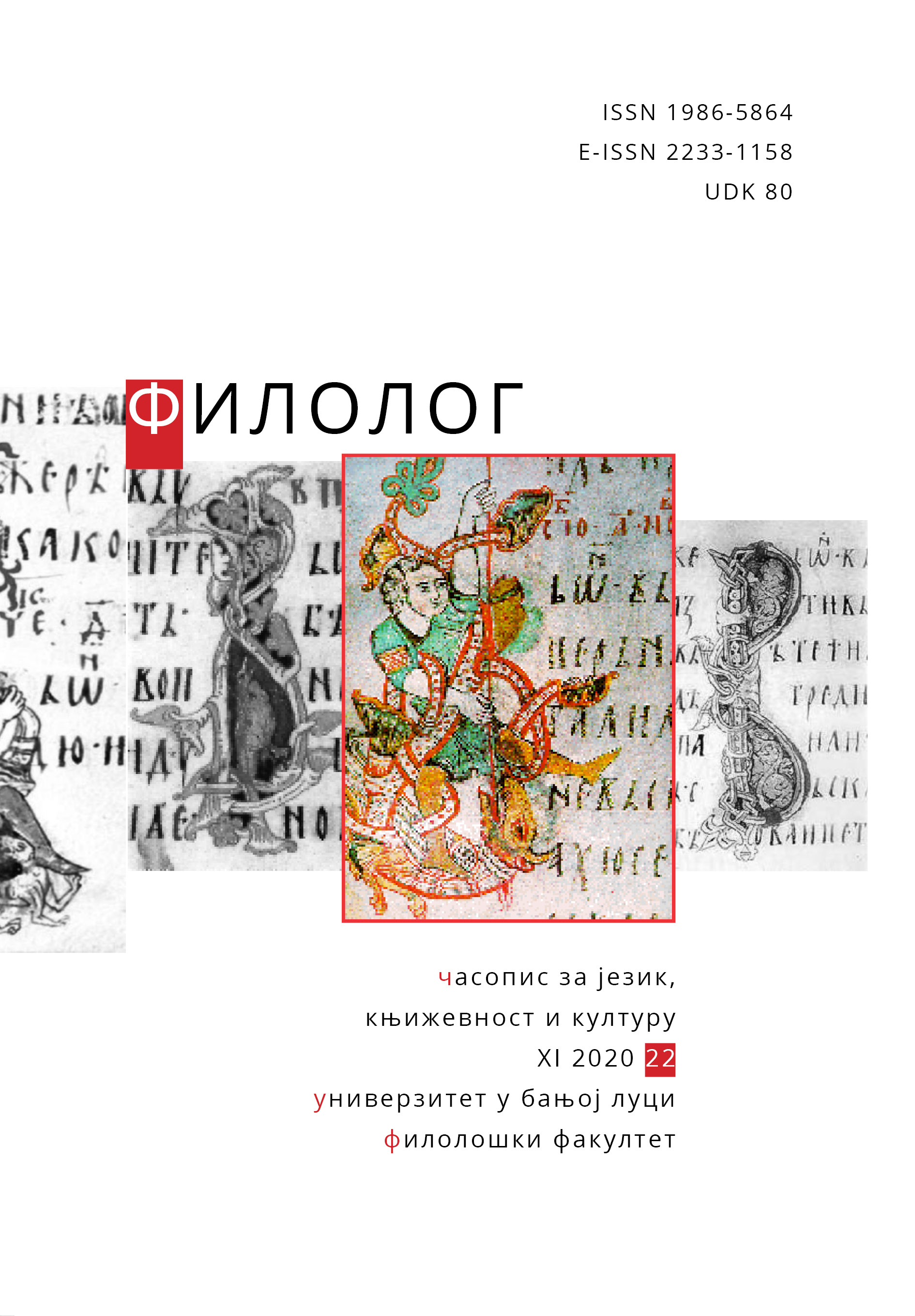Употреба друштвених стратегија у основношколској настави немачког као страног језика
Using Social Strategies in Teaching German as a Foreign Language at Primary School Level
Author(s): Marija B. Nijemčević PerovićSubject(s): Language studies, Foreign languages learning, Applied Linguistics, Language acquisition, Philology
Published by: Филолошки факултет Универзитета у Бањој Луци
Keywords: learning strategies; social learning strategies; second foreign language; symmetrical and complementary interpersonal communication; cooperative learning;
Summary/Abstract: The major purpose of this quantitative research is to investigate the frequency of social learning strategies used in teaching German as a foreign language within the population of primary school students of the higher grade (corresponding to the age of 11 to 14). Furthermore, the aim of this study is to explore the statistically significant differences between pupil’s gender, age, second language performance assessment as predictors and social learning strategies as dependent variables. The research was done during the first semester of the school year 2019 / 2020 with 218 students. The modified questionnaire Strategy Inventory for Language Learning designed by Rebecca Oxford, Likert and Guttman scale were used for data collection. The Cronbach’s Alpha reliability coefficient of the modified scale was α = .89.The research data was analysed by a quantitative method with IBM SPSS 23 and the results revealed that the primary school learners employed social learning strategies with an average value of 3.30, which represents a medium frequency of use. Results have shown that female students tend to use social learning strategies more frequently than males (Mf = 11.05; Mm = 9.74) and their usage becomes less intense with age (М5 = 4.14, М6 = 3.69, М7 = 2.42, М8 = 2.39). Performance assessment is not contributing significantly to their frequency (rho = .18, p = .39).The Mann - Whitney U test is used to compare whether there is a statistically significant difference in the dependent variable for two independent groups: students in late childhood and students in early adolescence. Results have shown that the second group of students use rarer social learning strategies than the first. Therefore, older learners were exposed to the strategies input. The Wilcoxon signed - rank test was used to compare repeated measurements on a single sample to assess whether their population mean ranks differ. Results have shown that strategies input contributing statistically significant to the detected changes in a date caused by strategies input (z = - 5.24 , p = .01). The slight difference between arithmetic means (М1 = 3.22; М2 = 3.36) was explained with the Affective filter hypothesis Stephen Krashen developed in the 1980s.This paper points out the importance of using social strategies in teaching and learning German as a foreign language. Pedagogical implications refer to some important indicators of social learning strategies – symmetrical and complementary interpersonal communication and the use of cooperative learning principles in the classroom.
Journal: Филолог – часопис за језик, књижевност и културу
- Issue Year: 2020
- Issue No: 22
- Page Range: 216-237
- Page Count: 22
- Language: Serbian

